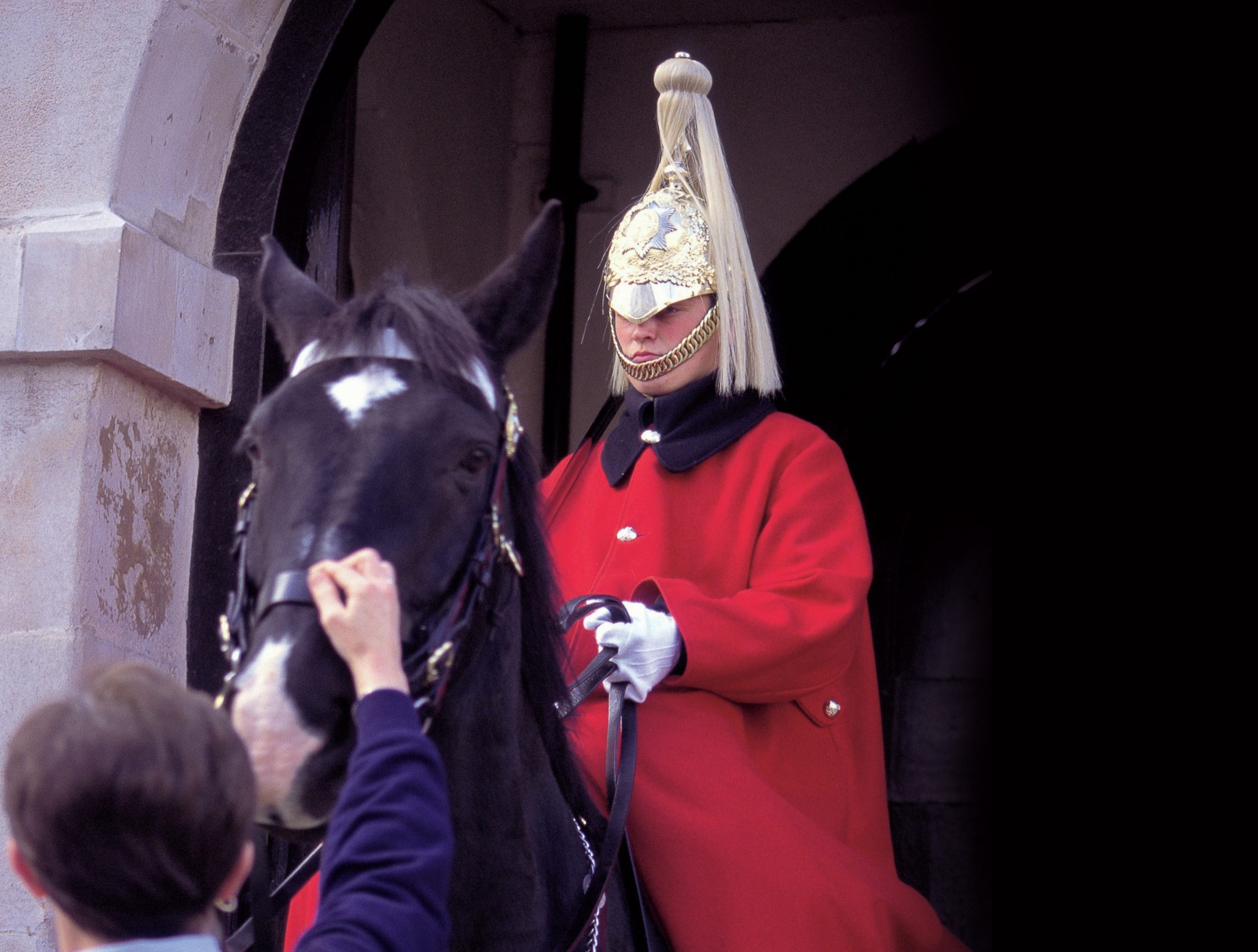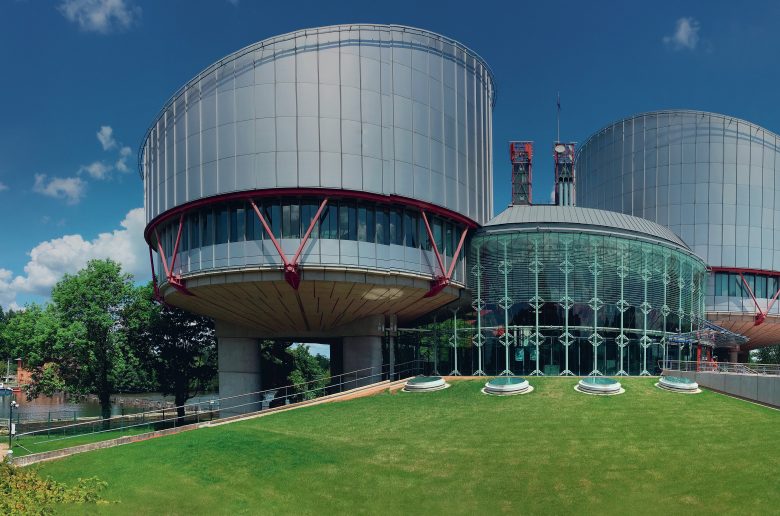
The Privy Council is often referred to as a source of delegated law-making but little is known about its powers and the laws that it makes. This article is intended to provide some background to the types of law that it makes and to give some recent examples of its work.
The Privy Council goes back several hundred years into history, when it comprised those people appointed by the king or queen to advise the monarch on matters of state. As the country developed into today’s constitutional monarchy, under which the monarch acts on the advice of government ministers, so the Privy Council adapted. Its day-to-day business is now carried out by those ministers who are privy councillors. This includes all senior cabinet ministers and a number of junior (non-cabinet) ministers. As of April 2011 there are 598 members of the Privy Council and more are appointed regularly. They include past and present government ministers, senior politicians of all parties, as well as past and present senior judges. Membership of the Privy Council brings with it the right to be called ‘Right Honourable…’
Your organisation does not have access to this article.
Sign up today to give your students the edge they need to achieve their best grades with subject expertise
Subscribe




